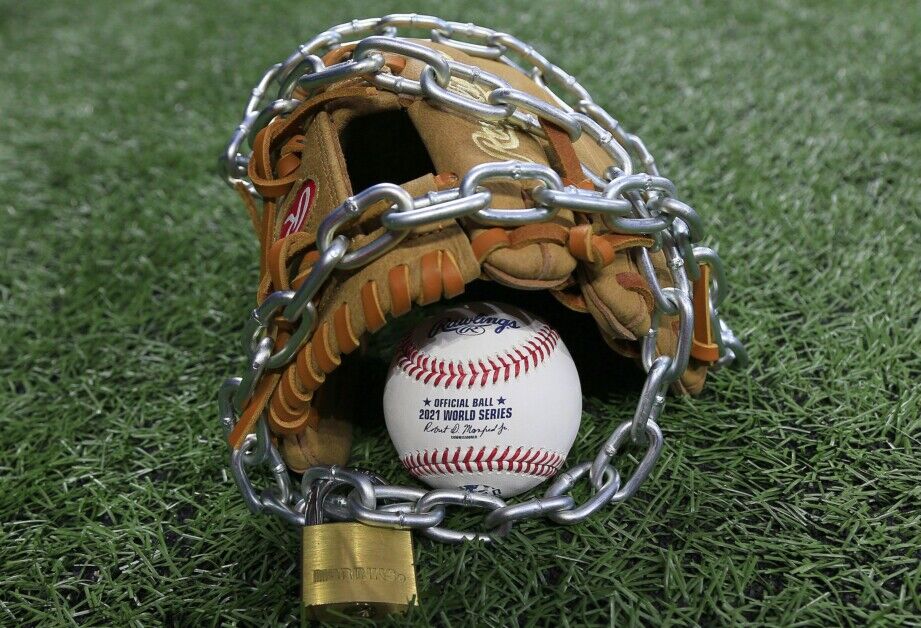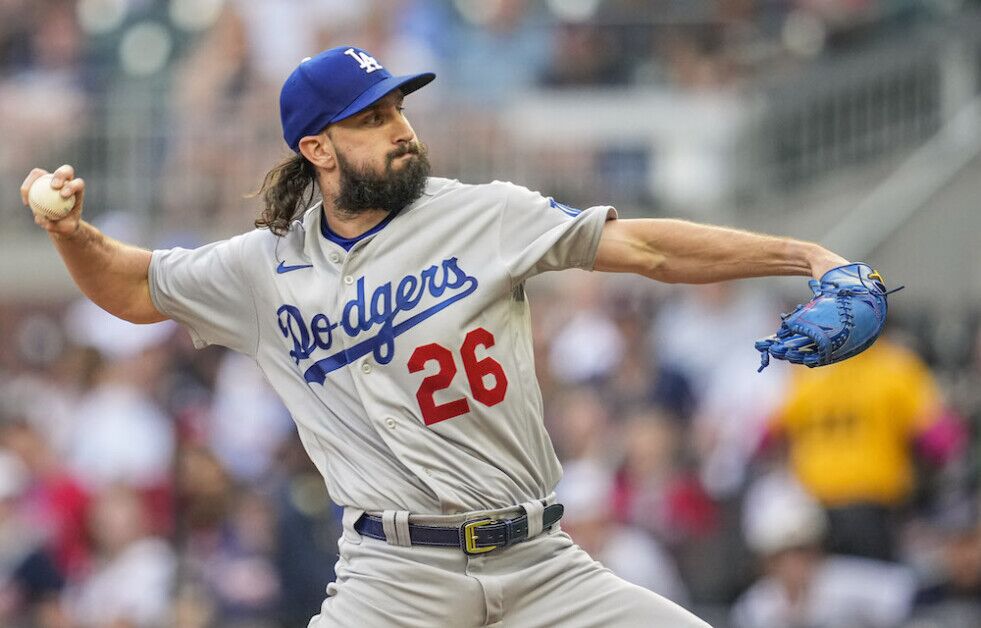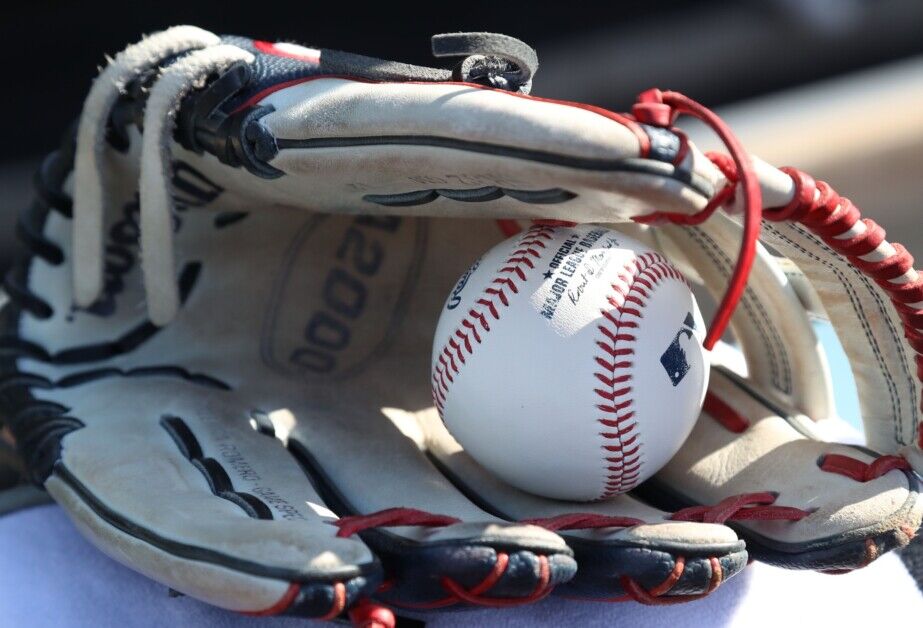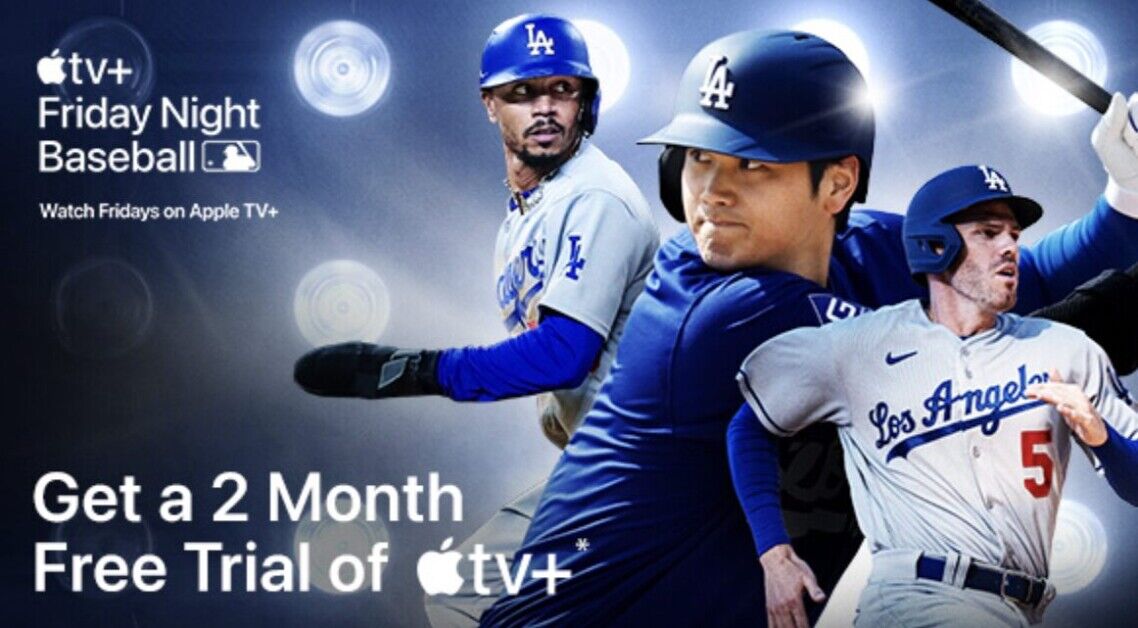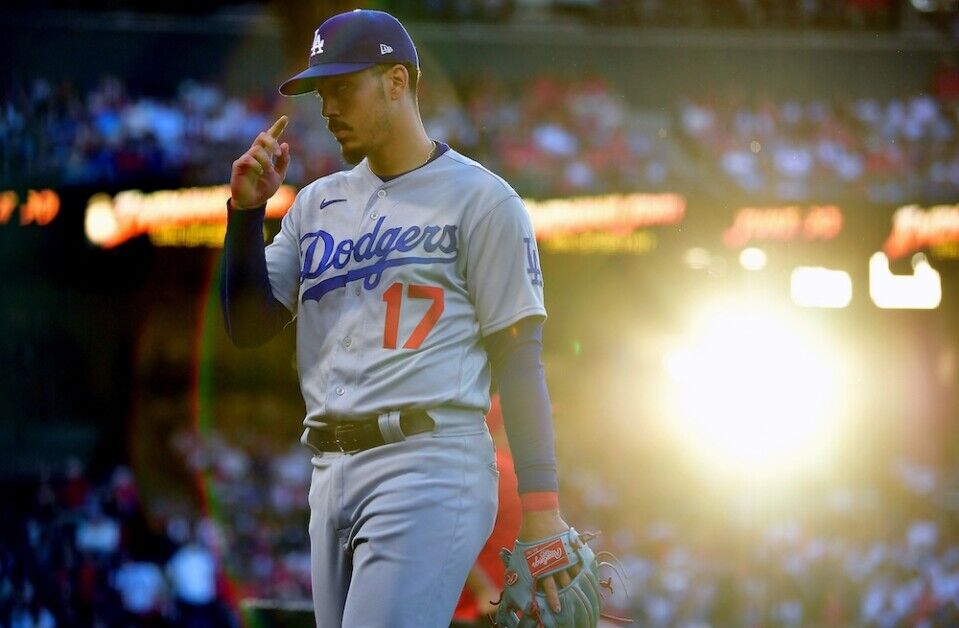Major League Baseball and the Players Association (MLBPA) will continue to meet this week for another round of collective bargaining agreement (CBA) negotiations as the ongoing lockout is now more than two months old.
With little progress made so far, Spring Training has been unofficially delayed and the possibility of Opening Day not being held March 31 looms.
Previously, the owners threatened to cancel games over the outstanding issues the two sides have.
If the start of the 2022 regular season is to not be delayed, MLB informed the union a new CBA must be in place by February 28, according to Jeff Passan and Jesse Rogers of ESPN:
At the meeting Saturday, MLB set a deadline to make a deal in time to salvage Opening Day: Feb. 28
Although Opening Day isn’t scheduled until the end of March, there would still need to be at least three weeks of Spring Training to get the players ready for the season.
There are also many unsigned players still on the free agent market who would need time to find a deal. Although it is expected the market would move rapidly once a deal is agreed to.
The league and union have already agreed to some parts of the next CBA, including a universal designated hitter and draft lottery.
What are MLB and MLBPA at odds over?
The main issues have been related to the core economics of the game.
Players are upset they have been seeing a smaller chunk of the revenue they create. Despite revenue in MLB increasing every year besides 2020’s COVID-impacted season, payrolls around the league have been dropping by nearly 5% since their previous high in 2017.
Owners have argued increasing salaries too much and cutting service time before free agency would negatively impact smaller market clubs, but they have not made their financial information publicly available to prove it.
With MLB’s new television rights deal set to begin during the 2022 season, each MLB club will receive at least $100 million annually from the contract.
Along with the TV deals, MLB teams also receive extra money through revenue sharing. Each team pools 48% of the revenue they earn and the total amount is then split evenly (3.3% of the total) and given to each team. Teams receive more than $110 million through revenue sharing.
With the previous CBA, Revenue sharing was supposed to be used for each team to improve their team, but nearly half the league had a payroll below $100 million last season. Clubs have been using loopholes to invest the money into their scouting and player development systems and other areas without improving their team on the field.
As part of MLB’s last offer, the league raised the competitive balance tax thresholds by $2 million in the final three years, bringing the totals to $214 million, $214 million, $216 million, $218 million and $222 million.
MLB also proposed to remove the loss of a third-round draft pick for teams that exceed the first luxury tax threshold increased monetary penalties from the last CBA, making it highly unlikely the players would accept.
Under the previous CBA, teams that exceeded the luxury tax threshold for the first time paid a 20% tax on the first threshold, a 32% tax on the second threshold and a 62.5% tax on the third threshold.
With MLB’s current proposal, first-time offenders would pay a 50% tax on the first threshold, 75% tax on the second and 100% tax on the third. Furthermore, teams who exceed the second and third tier will still lose their second- and first-round draft picks, respectively.
Have you subscribed to the Dodger Blue YouTube channel? Be sure to ring the notification bell to watch player interviews, participate in shows and giveaways, and stay up to date on all Dodgers news and rumors!





